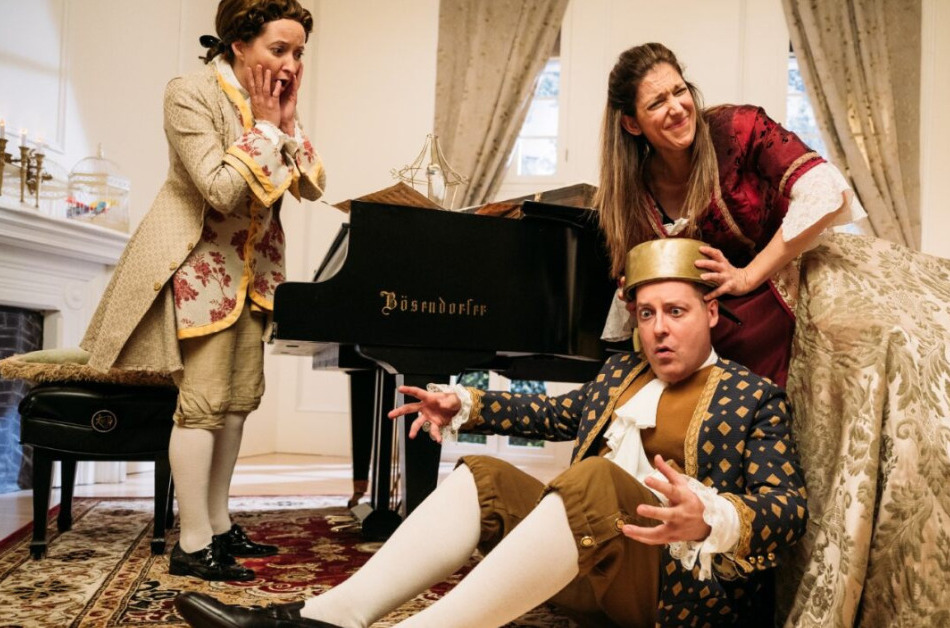What are Adaptive Performances?
Imagine a live theatrical show where it’s okay to move around, take breaks, or even make a little noise. That’s the idea behind adaptive performances. These special events create a no-pressure atmosphere where everyone can enjoy the arts in ways that match their needs. This includes patrons on the autism spectrum, those with sensory and communication disorders, ADHD, learning or developmental disabilities, dementia, in fact all members of the Disability community and their caregivers, or those who simply want a more casual experience.
So how does an adaptive performance differ from a traditional performance? Some key features include:
- Softer lighting, instead of complete darkness, with the removal of jarring elements such as strobe lighting
- Lower sound levels and the replacement of loud cues with gentler prompts
- The freedom to move around, leave the auditorium or have conversations
- Space at the back of theatre and separate spaces for patrons to retreat to for breaks
- ASL interpretation and/or Audio descriptions of what is happening on stage
- Pre-performance “touch tours” of costumes, props and musical instruments
Why do Adaptive Performances Matter?
Overall, 15.4% of Ontarians aged 15 and over report having a disability. (Statistics Canada, 2012), Adaptive performances give everyone the right to enjoy and participate in cultural events, which is in keeping with Ontario’s commitment to create and regulate accessibility standards in all key areas of daily living for people with disabilities by 2025.
Toronto’s Arts Scene Leads the Way
The Azrieli Foundation is pleased to support four Toronto arts organizations embracing this inclusive approach:
1. Toronto Symphony Orchestra (TSO): TSO launched adaptive performances in 2019 and now offers multiple concerts each season. Recent inclusive shows included SingSong and Bhangra and Beyond, plus a special performance of Mendelssohn’s Violin Concerto.
2. National Ballet of Canada (NBC): For three years running, the NBC presented an adaptive performance of Alice’s Adventures in Wonderland. This year, 1,200 people enjoyed the show.
3. Canadian Opera Company (COC): In February 2024, the COC offered its first-ever adaptive performance of The Cunning Little Vixen.
4. Xenia Concerts creates and promotes family-friendly, accessible, and inclusive performing arts experiences for neurodiverse and disabled audiences. In 2023, the Azrieli Foundation supported their Sensory Friendly and Dementia Friendly Concert Series which brought adaptive concerts to audiences of all ages in the neurodiversity, disability, and dementia communities.
In taking the lead on adaptive performances in Toronto, the TSO says,
“For the Toronto Symphony Orchestra to truly be Toronto’s symphony orchestra, we must be open and accessible to everyone who calls this city home. Our Relaxed Performances, designed for neurodiverse and disabled community members, their caregivers, and families, are a vital part of our commitment to serving Toronto through music. Whoever you are, you are welcome at the TSO—because this music belongs to all of us.”
Beck Family CEO Mark Williams
The Azrieli Foundation’s Vision
By supporting these programs, the Azrieli Foundation aims to enhance quality of life for all audiences through access to arts and culture. We are proud to play a small role in helping to create a more inclusive and vibrant cultural landscape for everyone to enjoy.
(Banner photo courtesy of the Toronto Symphony Orchestra)







